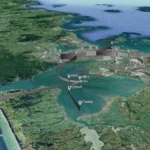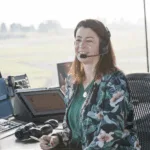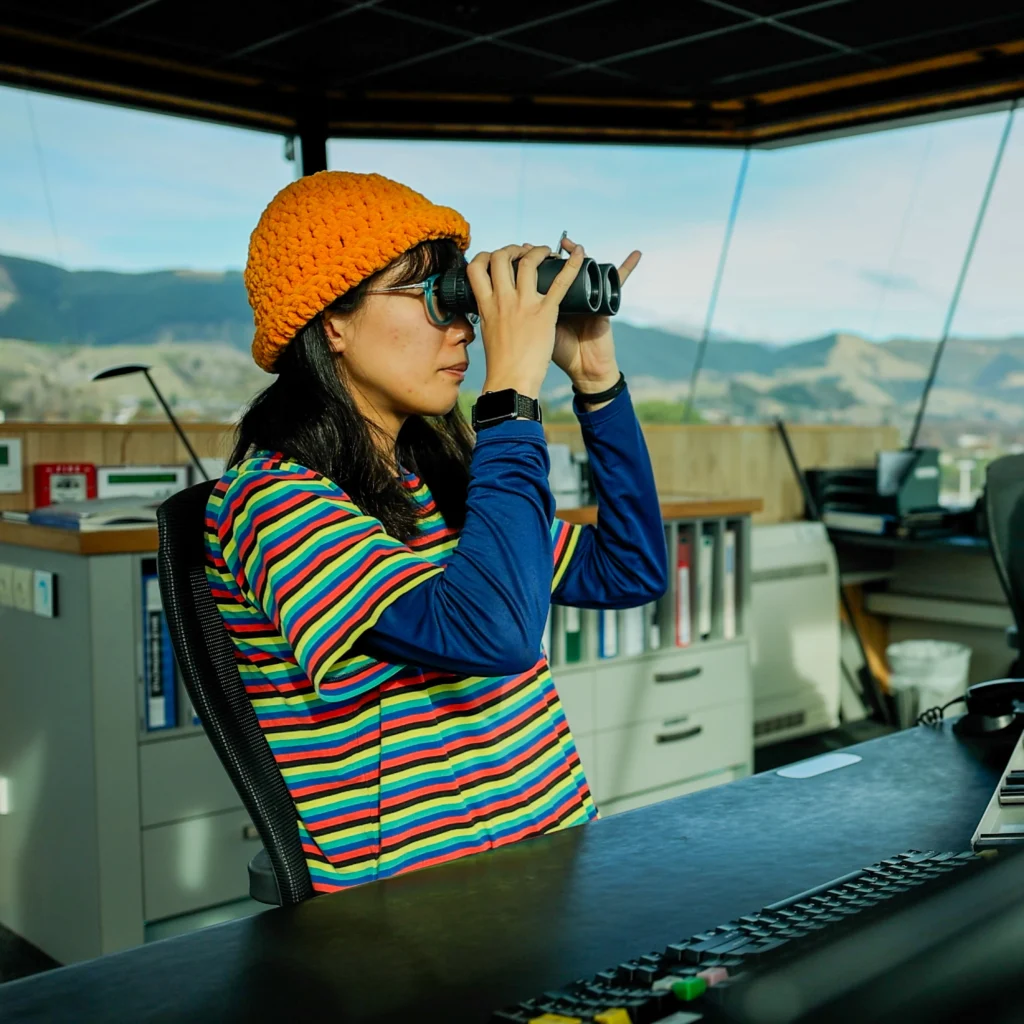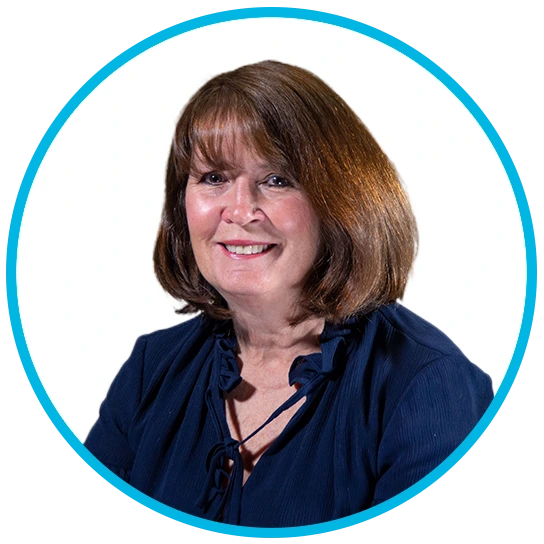Advancing gender equality in Airways ATS
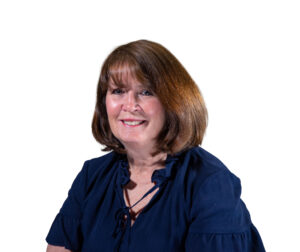
Kelly de Lambert
Head of Air Traffic Services (ATS) Training
As Head of Air Traffic Services Training at Airways International, I wanted to share some thoughts, and some of the work we’ve been doing around a challenge the entire industry is facing – the low representation of women in Air Traffic Services (ATS).
Gender equality is something our industry has been grappling with for decades. Despite significant progress in aviation over the years, the representation of women in ATS remains disproportionately low.
At Airways, we’ve decided to take a fresh look at the issue by listening, researching and engaging directly with the women in and around our ATS community.
Why does gender equality matter, and what’s our goal?
We all know the operational benefits of diverse teams – better decision-making, stronger collaboration and a wider range of perspectives. At Airways we’re committed to building and maintaining an inclusive and collaborative workplace culture, by welcoming people of all backgrounds, experiences, skills and thinking styles.
We know that workplaces that value gender diversity are more inclusive and respectful, creating a psychologically safe environment where all employees feel valued and can thrive.
Diversity, equity and inclusion are core to Airways’ strategic direction and embedded in our values. Achieving gender equality is an area of focus – this has been a long-standing concern, and much effort has gone into understanding the contributing factors behind low numbers of women in ATS.
First and foremost our goal is to increase the number of women applying for Airways International’s ATS training programme – however it’s important to note that our selection process remains unchanged. All candidates must continue to meet the same rigorous standards, with selection based on candidates possessing the required skills and attributes to succeed as air traffic controllers or flight service officers.
Gathering data: Reaching out via surveys
Earlier this year Airways gathered together a working group of women from across ATS, with a goal to look at what’s happening in the industry regarding gender diversity, what Airways has done to date, and what could be considered moving forward.
To gather this data, we have recently run three surveys:
- For fellow ANSPs through CANSO’s Diversity & Inclusion group
- For women who know about ATC but chose not to pursue it as a career
- For Airways’ current female ATS staff.
From prospective ATC candidates, we heard that shift work, financial barriers and a lack of confidence were major deterrents to pursuing ATC as a career. Some didn’t know enough about the career or felt unsure about the training pathway. Others were put off by the perception of a male-dominated culture.
From our own staff, we heard what drew them in – challenge, variety, the environment, and a strong sense of purpose. Most would recommend the career, but they also shared ideas for how we could improve: better parental support, clearer career pathways, and more visibility of women in leadership.
From our ANSP colleagues, we heard about their many approaches to enhancing gender diversity within their own organisations – role model campaigns, inclusive recruitment practices, and outreach at schools and career fairs were among the most successful strategies they told us about.
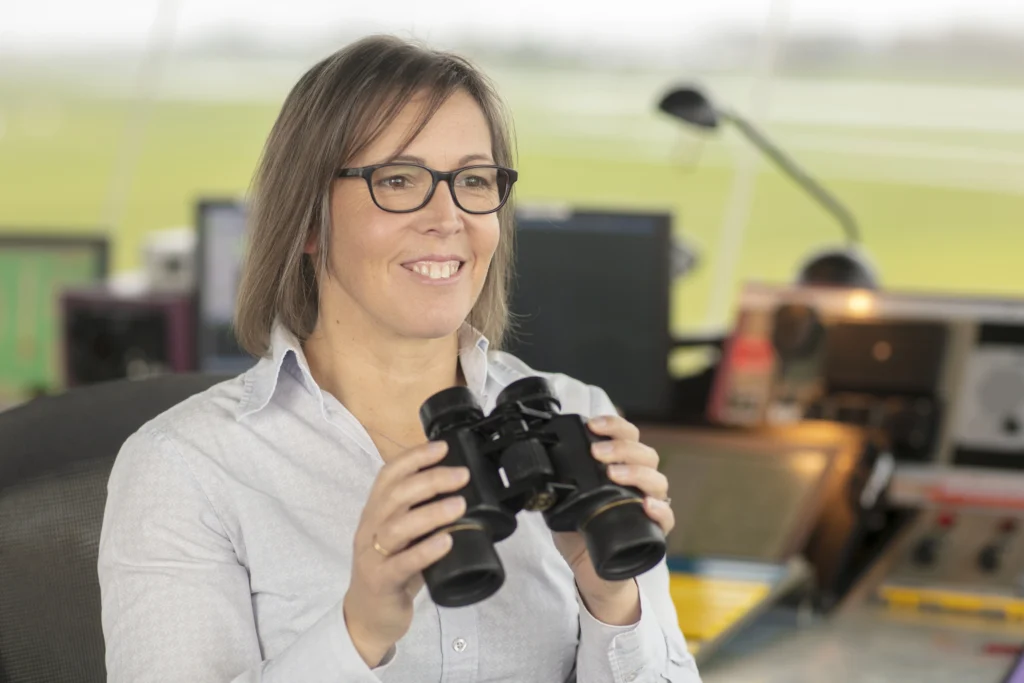
Strategies to address the gender gap in Airways ATS
Airways is taking some meaningful steps in this space – here’s what’s already in progress:
- Marketing and outreach: We’ve revamped the collateral for our ATS training programme to feature more women, and we’re showing up at lifestyle events, schools, and careers expos with female ATCs front and centre.
- Support during training: Our extensive pastoral care programme is designed to help all students succeed, with particular support for female students to ensure successful training outcomes.
- Unconscious bias training for assessors: Our assessors who are evaluating candidates at our assessment centres are 50% women, and are all trained in unconscious bias.
- Internal culture: Within Airways, we’ve rolled out our diversity, equity and inclusion policy and process; there are flexible work policies in place; there’s targeted career development for female employees; and we have goals for increasing the percentage of women on leadership development programmes.
- Airways is also considering employment related improvements such as an enhanced paid parental leave offering, and there’s also a requirement for gender balance on recruitment panels.
What’s next, and final thoughts
This month, Airways is running discussion workshops with our female ATS staff to dig deeper into the recent survey themes. Airways will also have representation at the Gender Equality in NZ Aviation Symposium in November. Following those events, they’ll be developing a set of recommendations for Airways leadership.
Our focus on gender equality is a long-term commitment. We’re learning that visibility, mentorship, and clear pathways matter, and so does listening.
If you’re an ANSP working on similar initiatives, I’d love to hear what’s working for you. Let’s keep the conversation going, and keep pushing for a more inclusive future in ATS.
About the author
Kelly de Lambert
Head of Air Traffic Services (ATS) Training, Airways International
Kelly has 30 years of experience in a variety of roles within the tertiary education and corporate sectors as a corporate trainer, lecturer, programme manager and academic quality manager. She has a Bachelor of Science, and a Diploma of Adult Teaching and Learning, both from the University of Canterbury.
Kelly’s role focuses on ensuring high quality and profitable delivery of all training courses and programmes at all Airways training campuses as required with each customer, ensuring contracted deliverables are met with high levels of customer and learner success and satisfaction.
She uses her experience to deliver the educational, strategic and operational management of the Airways training academy, with responsibility for all teaching and learning programmes, instructional staff and developing procedures to enhance teaching and learning.

